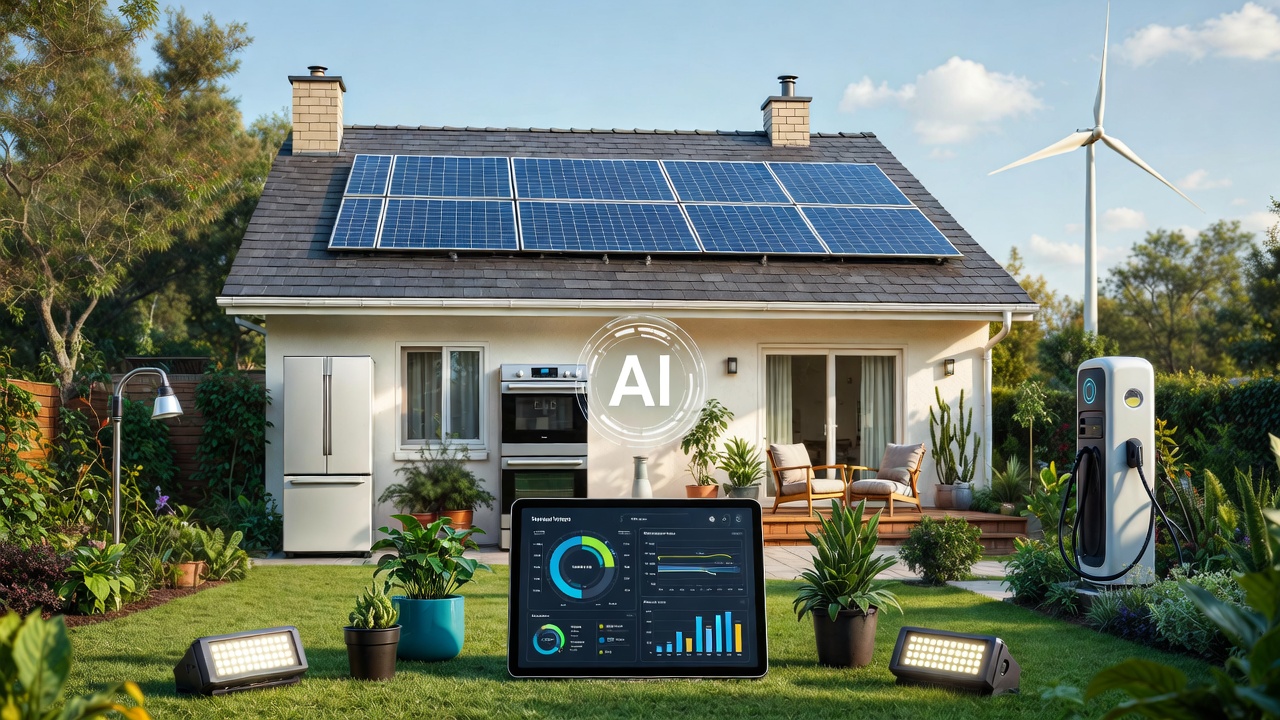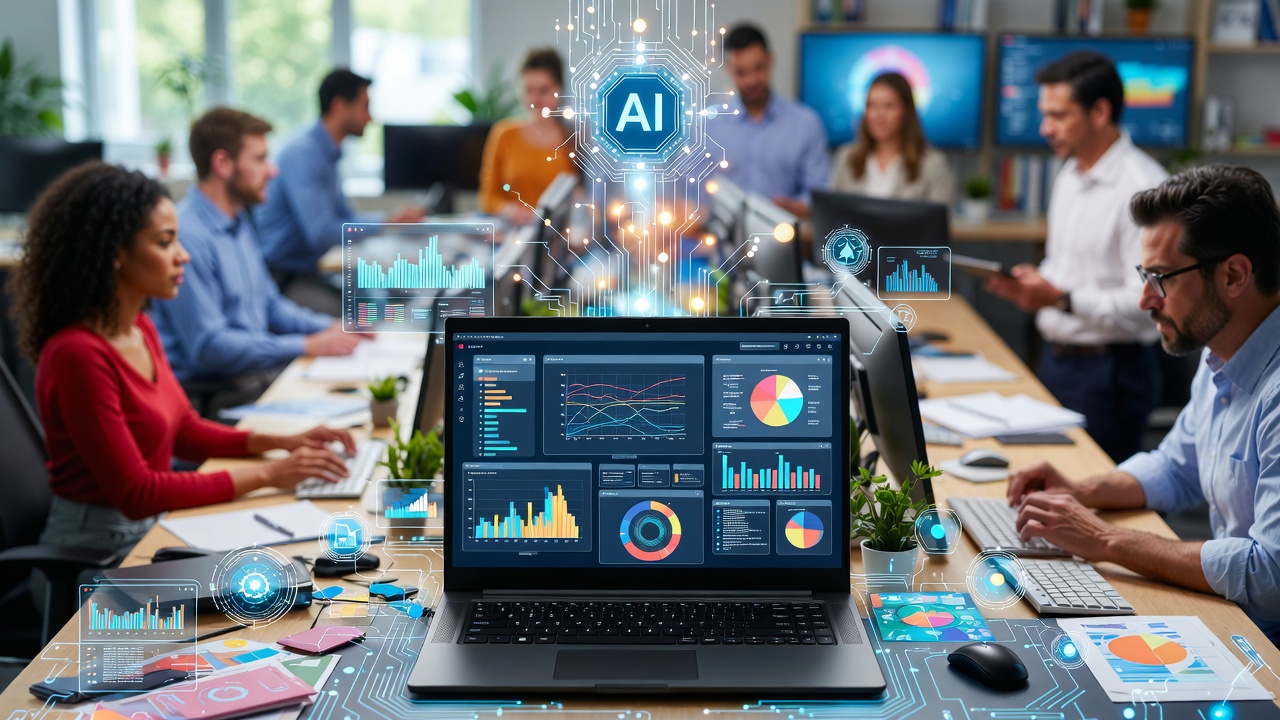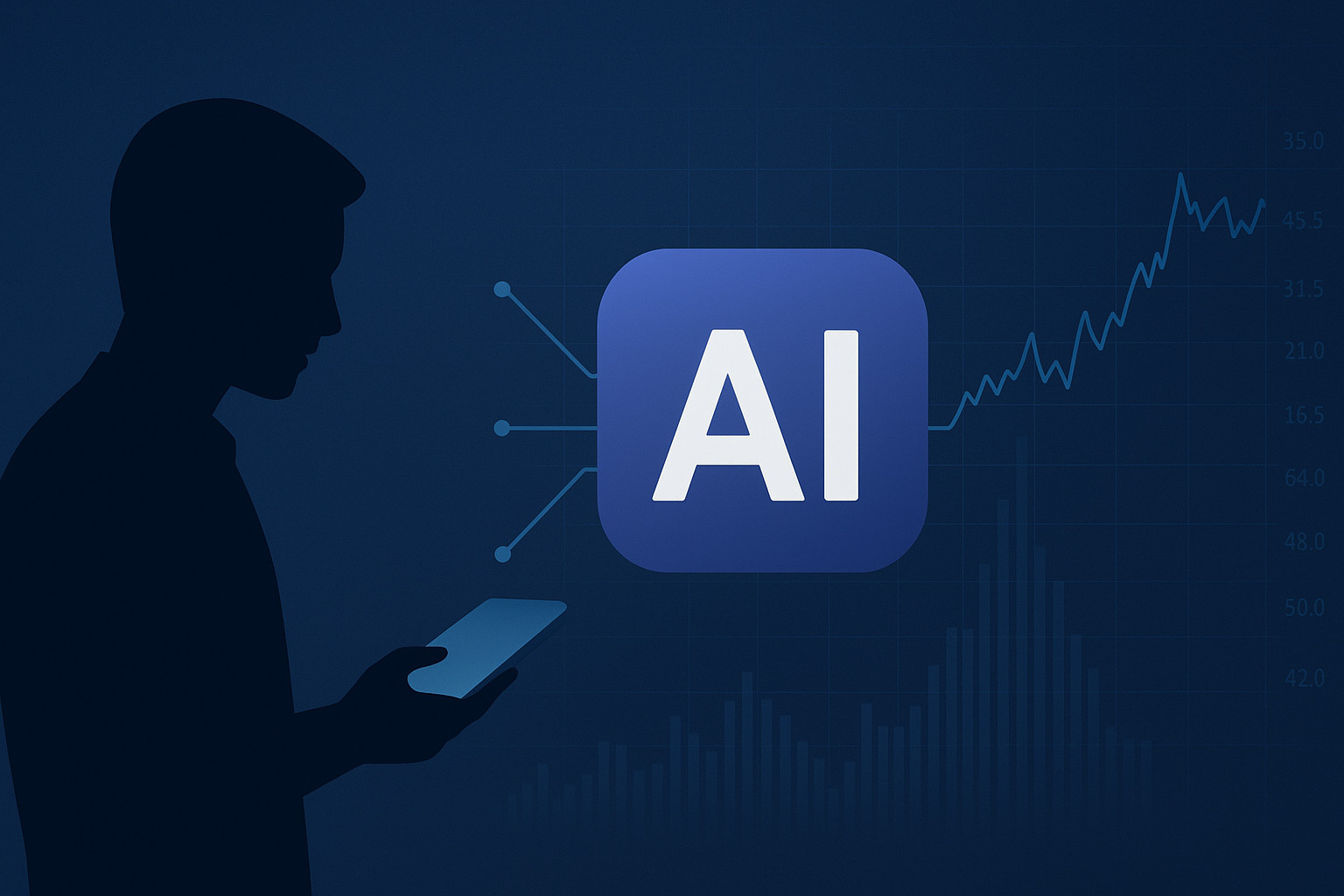Computers of the future could be built from human brain cells, according to researchers at Johns Hopkins University, who expect this technology to exponentially expand the capabilities of modern computing and create new fields of research. The research team has outlined its plan for “organoid intelligence” in the journal Frontiers in Science. While the computing and artificial intelligence (AI) fields are the engines of the technological revolution, they are reaching a ceiling. Bioinformatics presents a tremendous opportunity to compress computational power and increase efficiency, said Thomas Hartung, a professor of environmental health at the Johns Hopkins Bloomberg School of Public Health and the Whiting School of Engineering who leads the research.
Scientists have been using tiny organoids, lab-grown, fully developed tissues resembling organs, for almost two decades to experiment with kidneys, lungs, and other organs without resorting to human or animal testing. Recently, Hartung and his colleagues have been working with brain organoids the size of a pinpoint, containing neurons and promising to maintain basic functions like learning and memory, according to the university’s website. This could revolutionize the study of the human brain’s functioning, Hartung said, because researchers could manipulate the system and do things that would be unethical to do with human brains.
Hartung started growing brain cells and assembling them into functional organoids in 2012 using cells from human skin samples that were reprogrammed to an embryonic stem cell-like state. Each organoid contains about 50,000 cells, roughly the size of a fruit fly’s nervous system. Now, he envisions building a futuristic computer from these brain organoids.
Computers powered by this “biological hardware” could begin to reduce the energy consumption of supercomputers, which are becoming increasingly unsustainable, Hartung said. While computers process calculations involving numbers and data faster than humans, the human brain is much smarter at making complex logical decisions, such as distinguishing between a dog and a cat. The brain is still unbeatable by modern computers. The Frontier, the latest supercomputer in Kentucky, is a $600 million, 6,800-square-meter facility. It only surpassed the computational capacity of a single human brain last June – but using a million times more energy, Hartung said.
It could take decades for organoid intelligence to become as intelligent as a mouse, Hartung said. However, he predicts that the brain organoids could be used in new, ethical fields of study such as creating a more advanced brain-computer interface or simulating the impact of new drugs on the human brain.
Article source: index.hu
Table of Contents
Can AI Actually Lower Your Electric Bill? A Practical Guide to DIY Solar Planning
For years, the dream of “going solar” started with a pushy salesperson or a confusing af…
Top Free AI Tools in 2026
In the fast-evolving world of artificial intelligence, 2026 has brought a wave of innovative tools t…
How AI Can Help You with Online Trading in 2025
The Rise of AI in Online Trading The world of online trading has changed dramatically over the past …


